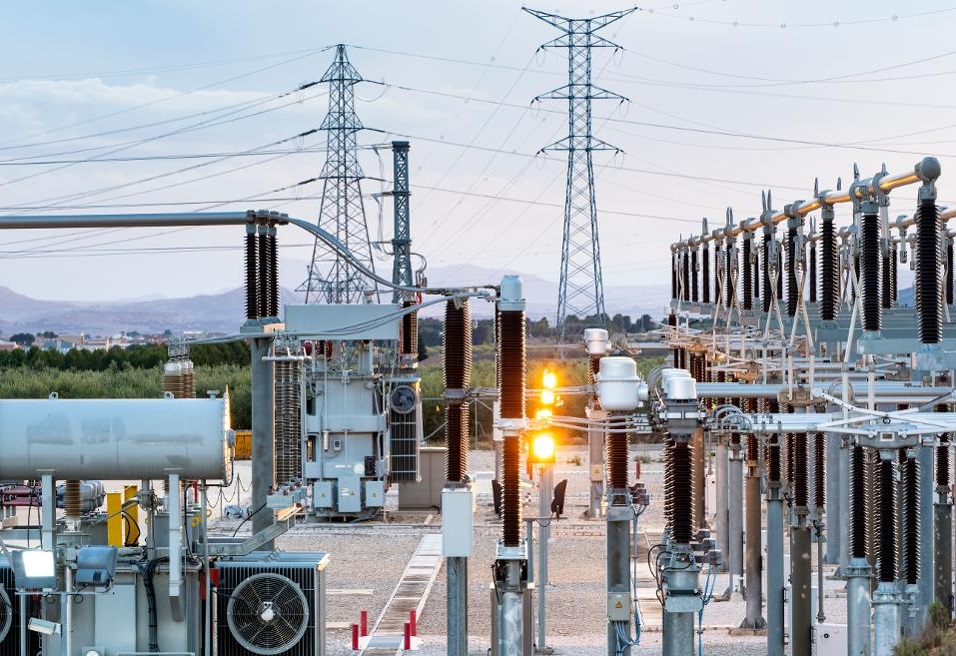FG allocates N1.6 trillion subsidy for electricity consumers

By George George Idowu
The Federal Government has committed to providing a substantial subsidy of N1.6 trillion for electricity consumers in 2024, averaging N120 billion monthly, according to the Nigerian Electricity Regulatory Commission (NERC).
Despite the introduction of a new electricity tariff structure for 11 distribution companies (DisCos), the electricity tariff will remain unchanged.
A breakdown of the subsidy allocation for various distribution companies reveals that the federal government will disburse N233.26 billion in 2024 as a subsidy for consumers under the Abuja Electricity Distribution Company (AEDC).
Although AEDC proposed a cost-reflective tariff of N151.07/kWh, NERC approved N120.88/kWh. Consequently, consumers will be charged N63.24/kWh, with the government covering N58.12/kWh.
Similarly, Ikeja Electric consumers are set to benefit from a N238.20 billion subsidy in 2024 (N19.85 billion monthly).
Despite Ikeja Electric Distribution Company’s (IKEDC) proposed N128.18/kWh, the Commission approved N112.10/kWh. Consumers will pay N56.60/kWh, with the government subsidizing N55.50/kWh.
In the Enugu Electricity Distribution Company’s (EEDC) franchise area, the government will subsidize N129.92 billion (N10.74 billion monthly) in 2024. Despite EEDC’s sought cost-reflective tariff of N155/kWh, NERC approved N128/kWh.
Consumers will pay N59/kWh, and the government will cover N69.40/kWh in subsidy.
Consumers served by Benin Electricity Distribution Company (Benin DisCo) will enjoy a cumulative subsidy of N140.85 billion (N11.74 billion monthly).
Despite the utility’s proposed N277.70/kWh, NERC approved N126/kWh. The new policy establishes the consumer tariff at N60.10/kWh, with the government subsidizing N65.90/kWh.
NERC Chairman, Engr. Sanusi Garba, clarified that the Multi-Year Tariff Order 2024 approved rate increases, while the government’s decision ensures consumers do not face higher electricity prices.
Emphasizing transparency, he disclosed each DisCo’s approved charges and the corresponding government subsidies to bridge the gap and maintain tariff stability.
